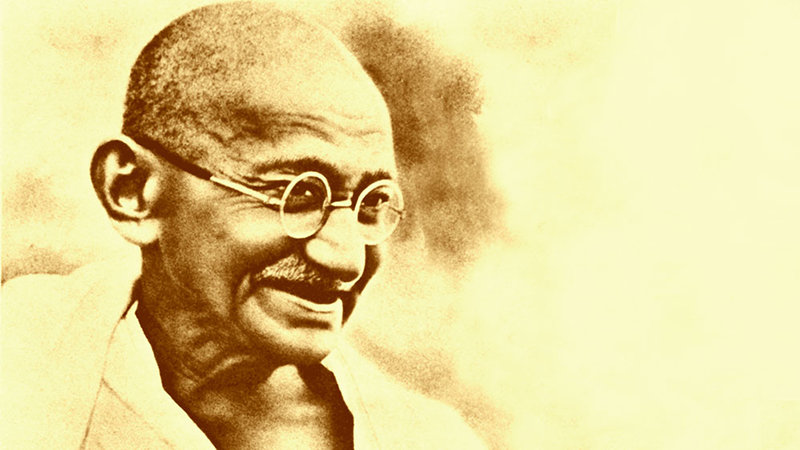
“When I despair, I remember that
all through history the ways of truth and love have always won. There have been
tyrants, and murderers, and for a time they can seem invincible, but in the end
they always fall. Think of it—always.”
Mahatma Gandhi
The human leader Gandhi was a great
leader who was well recognized as one of the most influencing characters in the
twentieth century and a great politician and a spiritual leader who focused on human
rights not only in India but in the whole world as well. Being the father of India,
the Mahatma was a pioneer and a leader of Satyagraha principle which means to resist
the tyranny made by powerful authorities through the disobedience applied by civil
forces that are nonviolent. The Mahatma made many efforts to improve the life of
Indians in particular as there were campaigns for seeking women rights, ethnic harmony,
poverty ease and elimination of caste systems injustice. Gandhi was also imprisoned
for the efforts and actions he made but it wasn't until 1947 when he accomplished
his aim and when India got its independence from England on its lands. Mahatma means
the "Great Soul" as he was credited as an inspiration by many great thinkers
such as Martin Luther King and Nelson Mandela as he inspired them in their efforts
of achieving equal rights for their people and the peoples of the world.

